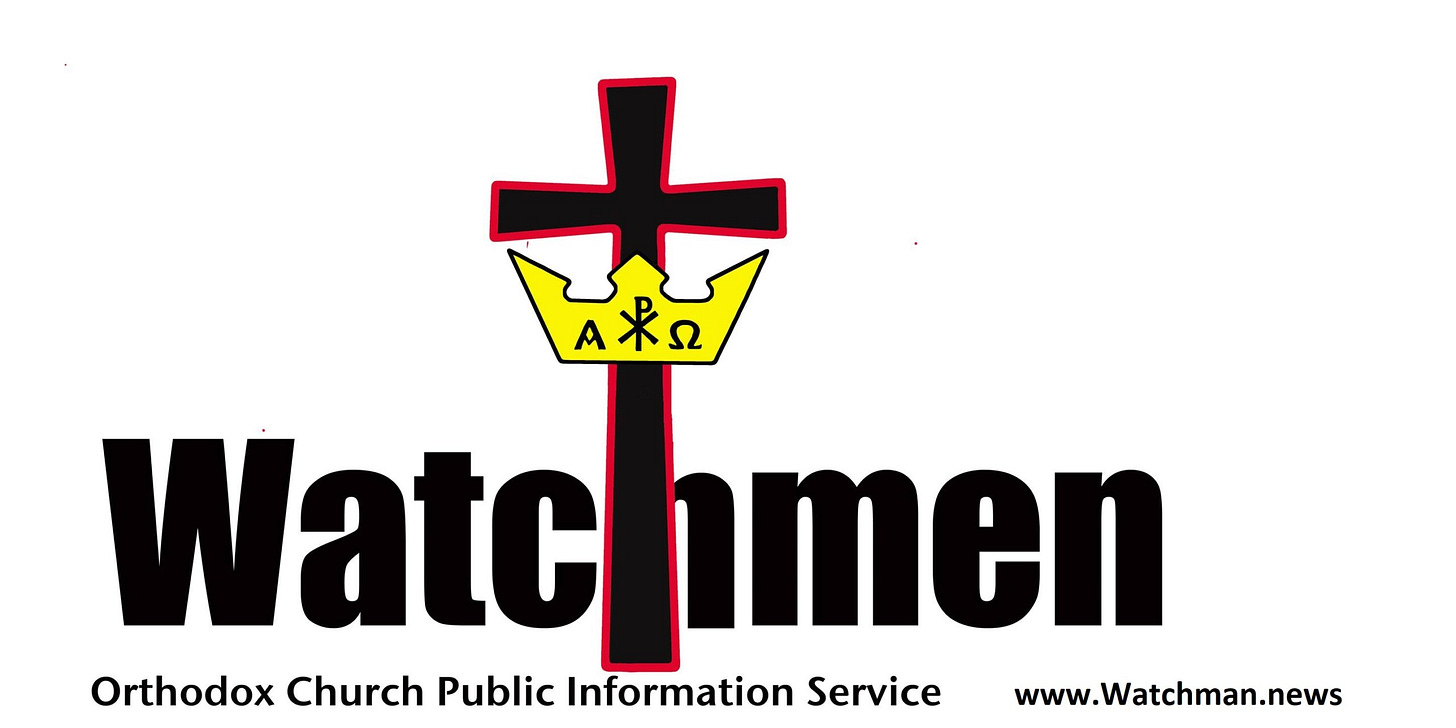Is Trump’s Ukraine Peace Deal Really as Bad as CNN Says?
A Closer look beyond the headlines, Congressmen quotes etc
A closer look beyond the headlines — and what several members of Congress are saying about it.
Dear Friends,
The online world exploded this week over the leaked 28-point draft of President Trump’s proposed peace framework for Ukraine and Russia. CNN and others immediately labeled it “appeasement,” “Russian propaganda,” and even a threat to global security — long before most people had actually read or discussed any of the supposed terms.
But is the plan really as catastrophic as the media insists?
Or is there a more nuanced discussion worth having — one that doesn’t reduce the world’s most dangerous conflict to soundbites, slogans, and outrage?
This newsletter is an attempt to examine that question with calm, strategic thinking rather than emotional reaction.
1. Could a Neutral Ukraine Actually Prevent World War III?
One rumored provision prohibits Ukraine from joining NATO, while still maintaining sovereignty, trade, security agreements, and a strong national military.
Critics instantly screamed “betrayal.” But step back for a moment:
Avoiding the expansion of a nuclear-armed military bloc directly up to Russia’s border might actually be the single most critical component in preventing endless escalation. Instead of forcing every nation into a bipolar Cold-War map, another option exists:
A neutral Ukraine participating in a regional cooperative framework
such as the Three Seas Initiative or the concept of Intermarium — a Central-East European alliance independent of both Washington and Moscow.
That is not surrender.
That is sovereign regional self-determination instead of superpower proxy war.
2. The “800,000 Troops” Controversy
Much online outrage claimed that limiting Ukraine to an 800,000-soldier peacetime army would be “disarmament” and “the end of Ukraine.”
But reality says otherwise:
Before the 2022 invasion, Ukraine’s active forces were around 200–250k
800,000 is more than triple that number
It is larger than the peacetime armies of many European nations combined
After WWI, Germany was legally restricted to 100,000 troops, yet remained capable of national defense and economic rebuilding
So calling 800,000 a “weak army” is simply inaccurate.
If anything, it is a very strong defensive force for a nation of Ukraine’s size — capable of long-term territorial protection without permanent mobilization and without needing NATO’s nuclear umbrella.
3. What Members of Congress Are Saying
Here are key public statements from four Republican members of Congress reacting to the leaked framework:
🗣 Rep. Brian Fitzpatrick (R-PA)
Called it “Russian-drafted propaganda… unserious nonsense,” arguing the moment requires “peace through strength, not appeasement.”
🗣 Rep. Joe Wilson (R-SC)
Said territorial concessions would be a “reward for aggression,” comparing it to September 1939, when diplomatic concessions were supposed to stop war — but instead World War II erupted.
He warned it would be “an invitation to a new war.”
🗣 Rep. Neal Dunn (R-FL)
Praised efforts toward “lasting peace” and insisted Europe must take more responsibility rather than relying endlessly on U.S. blood and treasure.
🗣 Rep. Morgan Griffith (R-VA)
Said he wants peace and “Ukraine to survive as a nation,” advocating peace through strength, while criticizing domestic political exploitation of the conflict.
4. So what is the real question?
Not whether Trump or Biden or Zelensky gets political points.
But whether we prefer:
Perpetual war
— hundreds of thousands dead, trillions spent, and risk of nuclear confrontation
or
Strategic peace
— sovereignty preserved, strong borders, balanced regional alliances, and no great-power domination
A neutral Ukraine with an 800,000-man army and a Three-Seas-style regional partnership may actually be a realistic path to peace without surrender — a way to end war without igniting the next one.
Maybe true peace looks different than what we’ve been conditioned to expect.
What do YOU think?
I’d love to hear thoughtful perspectives.
Should neutrality and regional alliances be considered as an alternative to NATO expansion?
Is the media reaction accurate — or just reflexive outrage?
You can read more or join the discussion here:
Thank you for reading.
If this conversation matters, please consider sharing this post — the more voices thinking critically, the better chance we have at avoiding global disaster and choosing peace over propaganda.
Until next time,
Stephen
https://watchman.news


